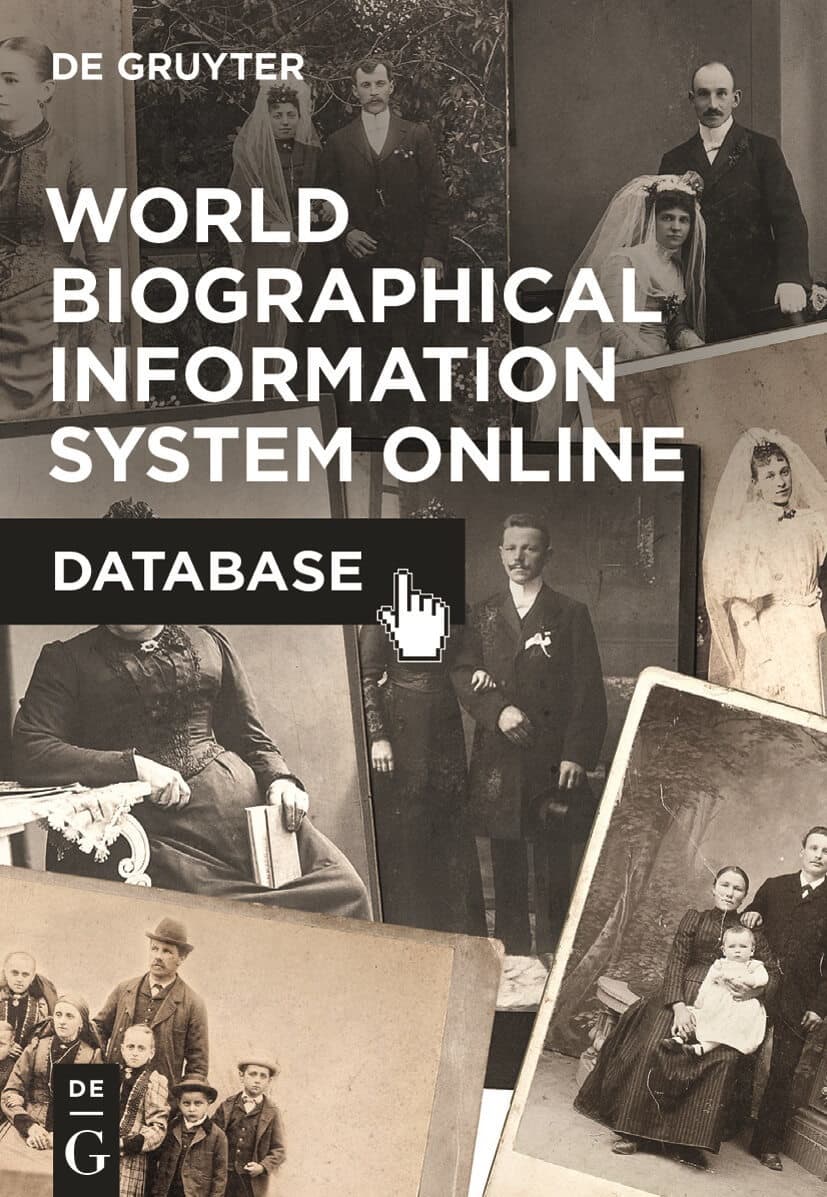Lord Beaverbrook, the Business Tycoon Who Loved Tomato Soup
William Maxwell Aitken, also known as Lord Beaverbrook, was one of the most influential figures in British politics and society in the first half of the 20th Century - and he had a little-known culinary passion.
By all measures, William Maxwell Aitken was a huge fan of Campbell´s tomato soup.
Born in Canada in 1879, the newspaper magnate and proprietor of high-circulation papers like the Sunday Express, Daily Express and the Evening Standard kept a cupboard with about a dozen tins of Campbell’s soup in a cupboard in his New York office.
“That soups belongs to Lord Beaverbrook”, one of his employees told a reporter once, “it´s the only kind of soup he likes, and one day he couldn´t get any, so we have to keep a supply. You leave it alone.”
But Lord Beaverbrook, as Aitken was later known, was not just a lover of tomato soup. He also was a financier, politician, journalist, minister and historian.
FINANCIER, POLITICIAN, JOURNALIST
Born in Maple, Ontario, young Aitken worked as a lawyer’s clerk, in a drug store, a bowling alley and sold insurance. It was his successful venture as a bond salesman and company promoter that made Aitken a millionaire before his 30th birthday.
But that wasn’t all: His subsequent move into the cement business soon turned him into one of the richest men of Canada.
Searching for new challenges, Aitken left for England in 1910, where he became Conservative MP for Ashton-under-Lyne and was knighted the following year. In 1916 he helped oust H. H. Asquith and make David Lloyd George Prime Minister, who rewarded him with a barony and a ministerial post.
Now known as Baron Beaverbrook, Aitken became Minister of Information in 1918.
“First, he must be true to himself. The one who is not true to himself is no journalist.”
It was during those same years that Aitken started his career in newspaper publishing. In 1917, he assumed financial control of the struggling newspaper, the Daily Express. In 1918, he started the Sunday Express, which became one of the most profitable Sunday newspapers of its day. By the mid-1930s, the Daily Express could claim the world’s biggest daily sale with a circulation of 2.2 million.
Lord Beaverbrook’s Finest Hour
In World War II, his friend Winston Churchill successfully harnessed Beaverbrook´s dynamic administrative power to the production of much-needed aircraft. He was made Minister of Aircraft Production and ensured that fighter planes continued to be provided during England’s dark days of 1940 – a feat he would later call his “finest hour.”
You are currently viewing a placeholder content from YouTube. To access the actual content, click the button below. Please note that doing so will share data with third-party providers.
Throughout his life, Lord Beaverbrook authored important works on contemporary political history: Politicians and the Press (1925), Politicians and the War (1928-32), Men and Power (1956) and The Decline and Fall of Lloyd George (1963). Beaverbrook’s life inspired several figures in literature, like Sir Bussy Woodcock in H.G. Wells’s The Autocracy of Mr Parham.
Death of a Newspaper Magnate
On May 25, 1965 Lord Beaverbrook gave his last public speech at a banquet in celebration of his eighty-fifth birthday at the Dorchester Hotel. In his speech, Beaverbrook talked about his definition of a journalist: “First, he must be true to himself. The one who is not true to himself is no journalist.”
Lord Beaverbrook, lover of Campbell’s tomato soup, politician and media mogul, died two weeks later, on June 9, 1965, at his Cherkley residence.
All information contained in this article was taken from the World Biographical Information System Online (WBIS), the most comprehensive and extensive biographical database.
[Title Image by M. S. Kay, Bolton [Public domain], via Wikimedia Commons]
